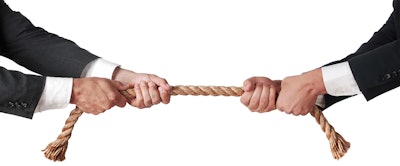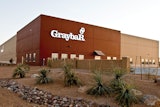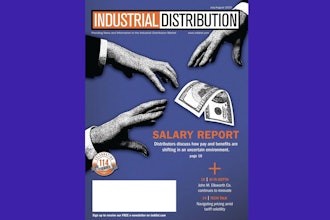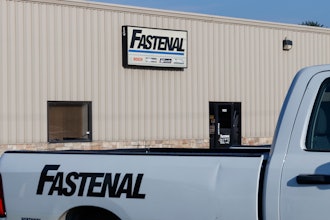
There are several legitimate reasons to lose business. Being outsold by the competition is not one of them. Salespeople lose business. It happens. It’s part of being in sales. Losing business is not a big deal, but why you lose it is a big deal.
Too often, salespeople will lose business and later justify that price was the cause. Salespeople tell their managers, “They were just a price shopper,” or “All they cared about was a cheap price.” These salespeople are attempting to convince their manager, and themselves, that price was the reason they lost.
Blaming a loss on price is easy. It’s less personal. Blaming a loss on price lets the salesperson off the hook. Salespeople that constantly blame price are similar to athletes who always blame the referee for a loss. In both cases, blame is placed on external factors. You are not being honest about why you lost.
You can’t fix a problem that you don’t believe exists. The next time you lose a piece of business, rather than blaming it on price, ask yourself a more fundamental question, “What if we were outsold by the competition?”
The best way to improve is to learn from your mistakes. Conduct a post–mortem review to analyze your performance. After your next loss, use the following questions to review your performance.
Did I meet with all the right decision makers?
Our internal research shows that 5.8 decision makers are involved in the buying process. Salespeople are outsold by their competitors when they are not meeting with all the right decision makers. Use this question to help you understand who is involved in the decision-making process. Once you understand who is involved, you can understand what’s important to each individual decision maker.
Did I have a clear understanding of the buyer’s needs, wants, and fears?
Buyers have obvious needs that exist on the surface. These include things like quality product, customer service, on-time delivery, etc. However, there are hidden wants and fears that exist below the surface. These hidden wants and fears play a role in the buyer’s decision. If your competition has a deeper understanding of the buyer’s hidden wants and fears, then you were outsold by the competition.
Did I give the buyer a compelling reason to choose my alternative?
A Reilly Sales Training study revealed that only 36 percent of salespeople believe they give prospects a compelling reason to change to their alternative. Effective sales presentations compel the buyer to act. It’s not enough to understand the buyer’s needs. You have to detail how your solution satisfies those needs, and then present the impact of satisfying that need. If your competition delivers a more compelling presentation, then you were outsold by the competition.
 Paul Reilly, President of Reilly Sales Training
Paul Reilly, President of Reilly Sales TrainingToo often salespeople use price as an excuse. Salespeople say “The price was too high,” but what if your value was too low? Salespeople will say, “The competition sold on price,” but what if they just outsold you? Until you admit you were outsold by the competition, you risk being outsold again.
Paul Reilly is president of Reilly Sales Training, a St. Louis-based, privately-owned company that specializes in training sales professionals, sales managers and service professionals. Call Paul at 636-778-0175 or email [email protected].























